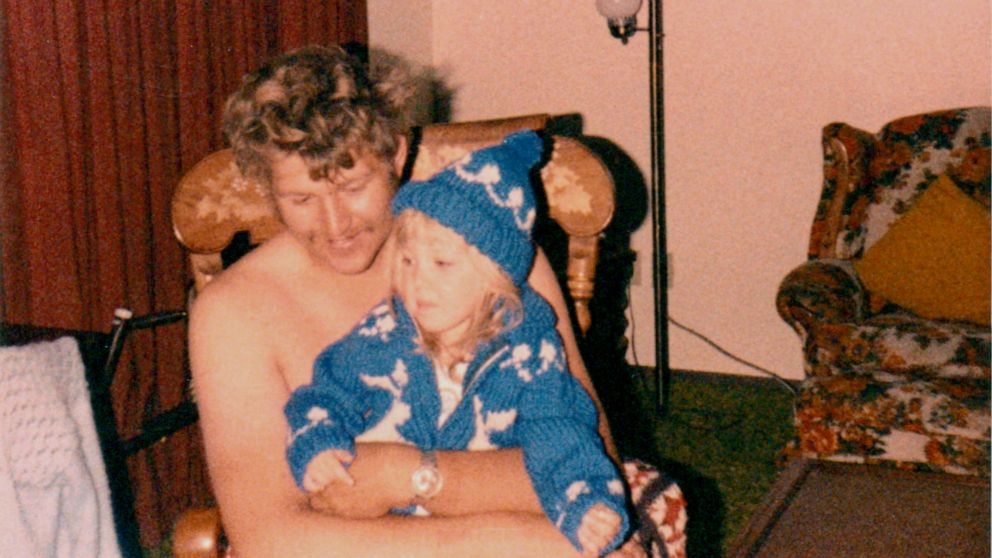'Happy Face Killer's' daughter believes he would kill again if released
Notorious serial killer Keith Jesperson, better known by the "Happy Face Killer" nickname he was given in the '90s, has spent decades behind bars but his daughter believes he would kill again if released from prison today.
"I sometimes now wonder, if he was freed now, if he was released, would he kill again? And I believe he would," Melissa Moore told "20/20" in a new interview. "I don't believe my dad is sorry at all … what he is sorry about, though, is that he got caught."
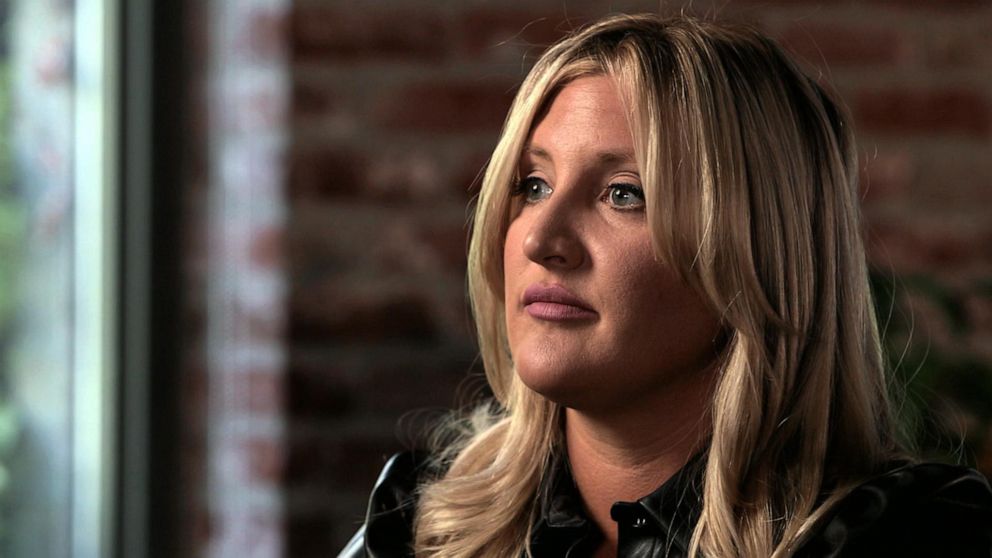
Jesperson, now 66, is serving five non-consecutive life sentences in Oregon's state penitentiary.
A Canadian-born long-haul truck driver and divorced father of three, Jesperson claimed to have killed eight women in five states: Washington, California, Florida, Wyoming and Oregon.
Watch the full story on "20/20" TONIGHT at 9 p.m. ET on ABC
His killing spree spanned from 1990 until 1995, when he turned himself into authorities. At the time, he was being investigated for the murder of his last known victim, 41-year-old Julie Winningham, who some described as his girlfriend.
In a 2010 interview with ABC News, Jesperson equated committing murder to "shoplifting." When ABC News’ Juju Chang challenged him on that framing, Jesperson doubled down, saying his killings were “everything like shoplifting.”
"It became a nonchalant type thing, because I got away with it," he continued. "It is everything like shoplifting. You're breaking the law but you're getting away with it. And so, there's a thrill of getting away with it."
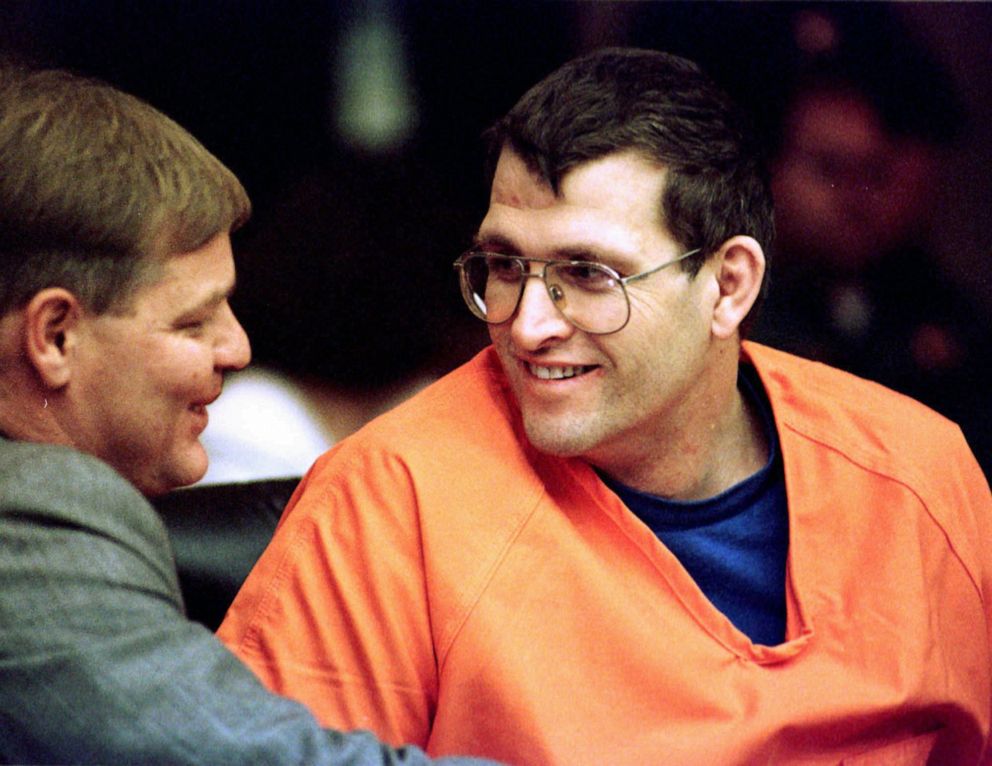
He was dubbed the "Happy Face Killer" for the smiley face drawings he included on a letter he sent to a Portland, Oregon, newspaper, in which he bragged about his crimes.
"It's just a moment in time when situations present themselves, and you become what you are," Jesperson told ABC News in a previous interview. "I'm sorry it happened, [I] wish it never happened ... it's done, it's over with."
After Jesperson came forward in March 1995, he pleaded guilty to first-degree murder charges for his first known victim, 23-year-old Taunja Bennett, and Winningham. Both women's bodies were found on opposite sides of the Columbia River from each other.
"What really stood out to me about my father is that once he killed Taunja Bennett, it's like he got a taste for blood and power and control that he's probably never had in his life and that excited him. So much so that he seemed to start killing very rapidly again after Taunja," Moore said.
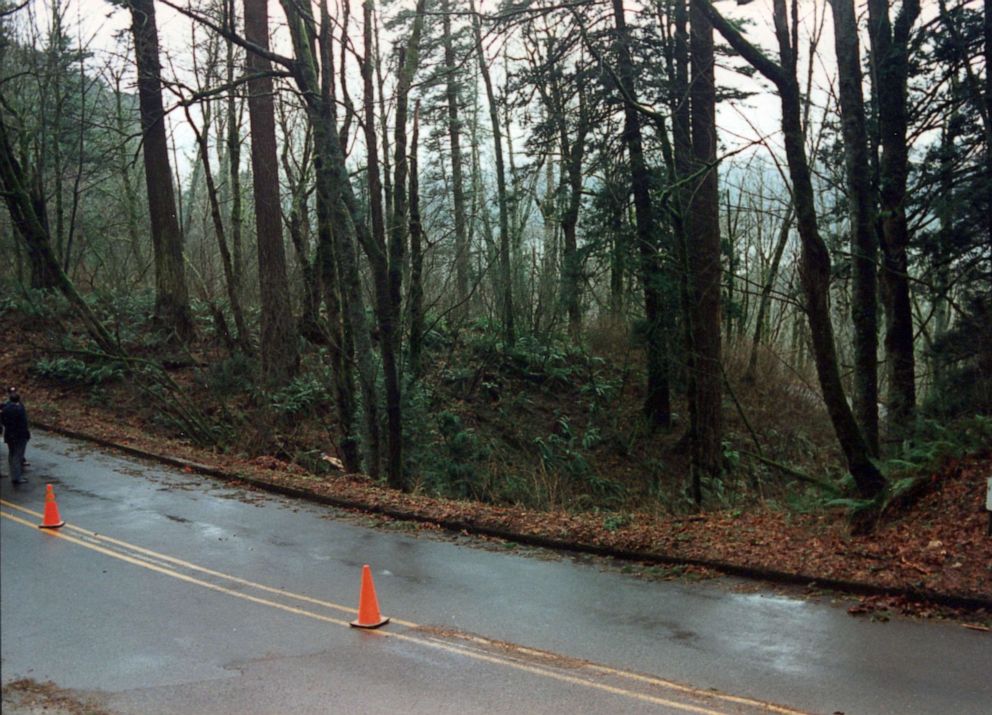
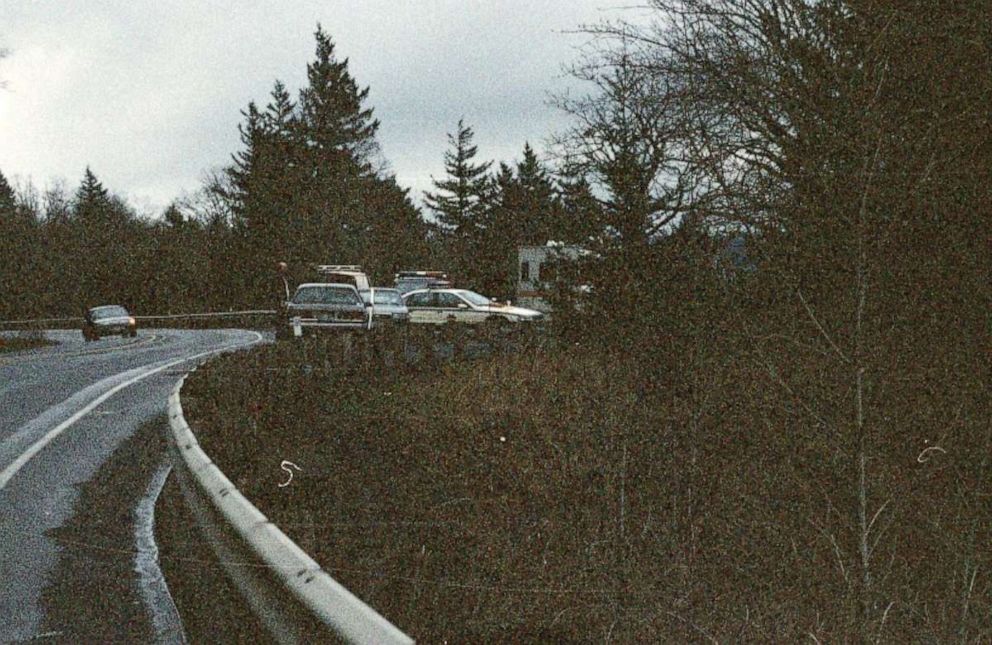
Jesperson was linked to murdering six other women, some of which remain unknown to this day: an unidentified woman who Jesperson said was named "Claudia" in August 1992 near Blythe, California; Cynthia Lynn Rose in September 1992 in Turlock, California; Lori Ann Pentland in November 1992 in Salem, Oregon; an unidentified woman who Jesperson said was named "Carla" in June 1993 in Santa Nella, California; an unidentified woman who Jesperson said was named "Suzanne" in September 1994 in Crestview, Florida; and Angela Subrize in January 1995 in Laramie County, Wyoming.
Moore believes her father has no remorse. Even now, she said, if her father could go back in time to change anything, it would be to have never turned himself in so he could keep killing.
"I believe he would be killing more women" if he were a free man, she said.
Growing up, Moore said the father she knew as a young child wasn't violent. He was a man who carried her on his shoulders and made her feel "on top of the world," she said, someone who made up bedtime stories about a princess and tucked her in at night.
One of the last things he bought her, Moore said, was a karaoke and music recording system for her 10th birthday. Shortly after that, her parents got divorced and that's when she said her father changed.
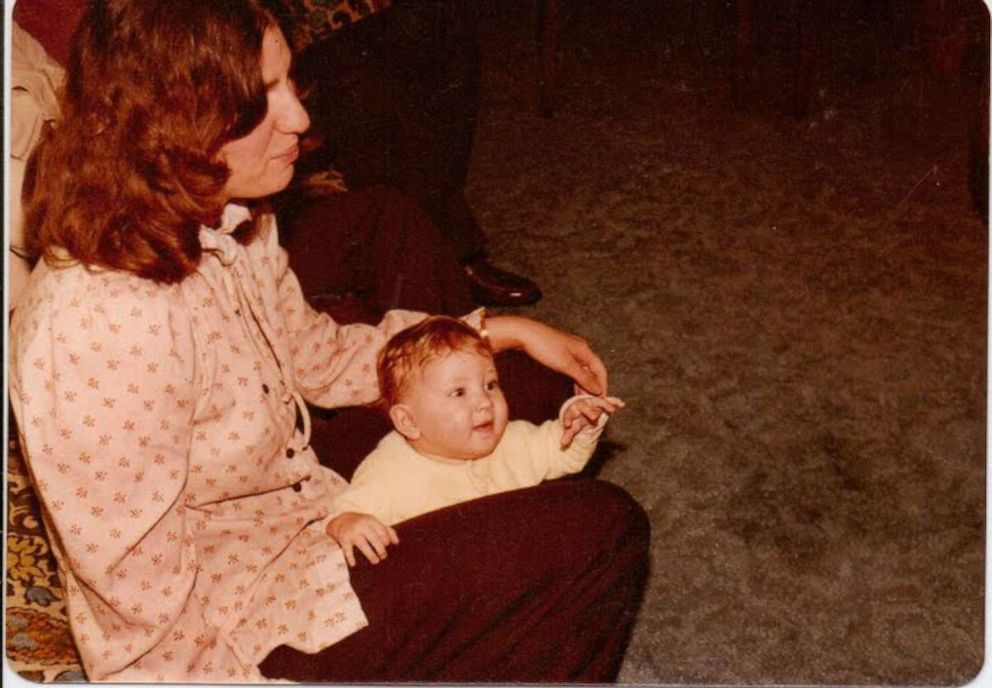
Dr. Robert Schug, a forensic psychologist, has spoken to Jesperson multiple times. He said that Jesperson's violent outbursts may have stemmed from his divorce.
"Keith mentions this period of his marriage when things really went south, so all of this really starts creating a very turbulent emotional period for the entire family," Schug said. "But, particularly for Keith."
Moore said she thought her father unleashed his anger over the divorce into his killing of Bennett.
"Then after that release and that excitement and the thought that he got away with it, plus two other people getting the blame, he was free to kill again, and he did very quickly," she said.
A jury first convicted a Portland, Oregon, woman named Laverne Pavlinac for Bennett's murder in 1990, largely based on her detailed confession to police in which she falsely claimed she helped her boyfriend John Sosnovske rape and kill the young woman.
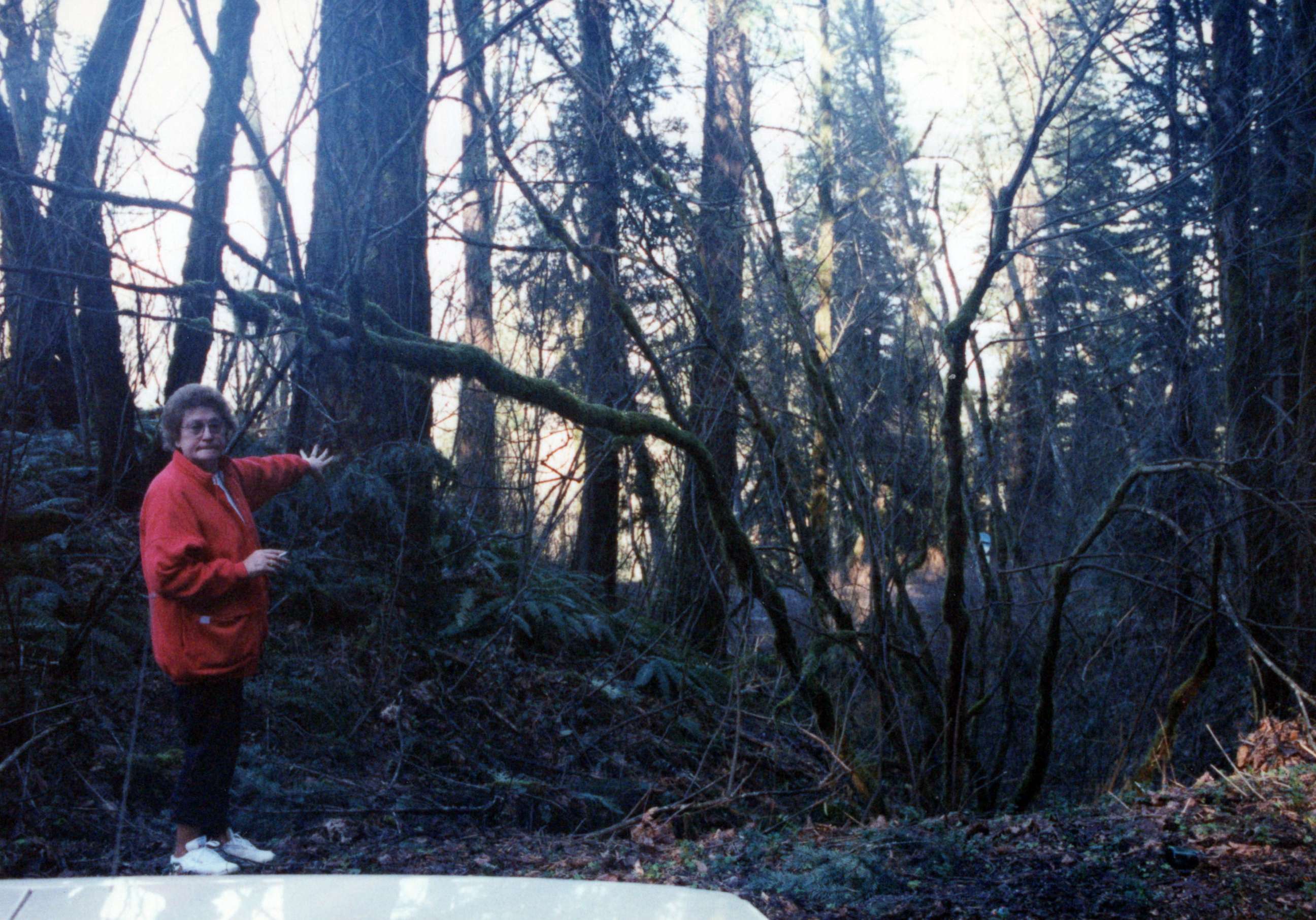
Sosnovske later pleaded no contest to the murder charge.
In reality, neither had anything to do with the crime. Jesperson told investigators one of the reasons he wanted to come forward was he wanted credit for Bennett's murder and to get Pavlinac and Sosnovske out of prison. The two were released in 1995.
It had been more than 15 years since Moore spoke to her father until she said he called her this past Father's Day. With all the time that had passed, she decided to accept the call.
"It was interesting to hear his voice again, and just that old, familiar voice. It's aged … He sounds more like my grandfather," Moore said. "As we signed off, he said, 'Goodbye, my daughter,' and it definitely asserted that he wanted to control that I would have a relationship with him."
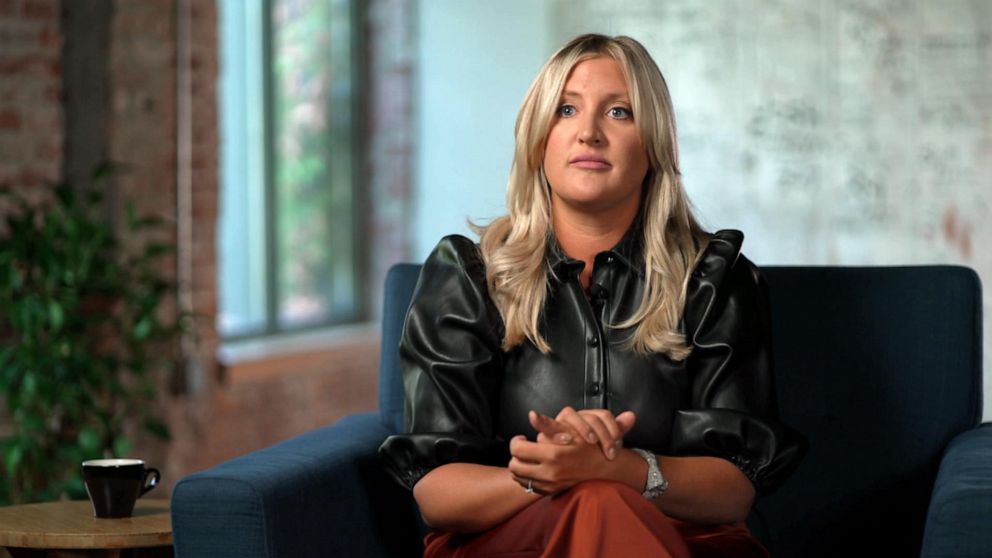
Now a parent herself, Moore said her children are curious about their grandfather. They had visited him in prison when they were young, but they have no memory of the meeting. In letters to ABC News, Jesperson expressed how much he would like to reunite with his family.
"For years, I have reached out to my children to be a part of their lives," Jesperson wrote in one of these letters. "They're in my thoughts daily and I love them and am proud of them."
Still, Moore said she doesn't want her children to have a relationship with her father.
"I don't want my dad to get into the psyche of my children and hurt them in any way because he is manipulative. He is a psychopath. He has the potential, still, to hurt, even if not with physical violence or murder, but with his words," she said.
Moore's 21-year-old daughter Aspen Moore, who said she learned the truth about her grandfather when she was about 10 years old, agrees that she doesn't want to meet him.
"I think that he has excuses for his actions," she said. "I don't feel that his actions can be just brushed off."
Melissa Moore maintains she doesn't want to have a relationship with her father and said there was nothing he could offer her to bring her "any kind of closure."
"There isn't going to be closure," she said. "But I'm okay with that. I'm content with my life, and I don't need him to say sorry. I don't need him to ask for forgiveness, and I frankly wouldn't believe in his request for forgiveness."
